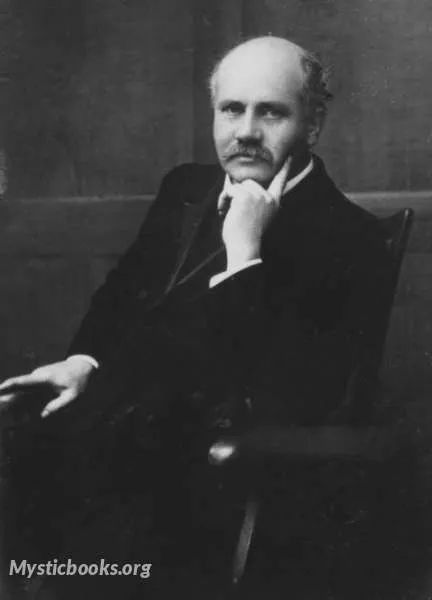
Timeline
Title
Country/Nationality
Charles M. Sheldon
Charles Monroe Sheldon was an American Congregationalist minister and leader of the Social Gospel movement. His novel, In His Steps, introduced the principle of "what would Jesus do?" which articulated an approach to Christian theology that became popular at the turn of the 20th century and had a revival almost one hundred years later. The stretch of US-24 on the north side of Topeka, Kansas between US-75 and K-4 is named the "Charles Sheldon Trafficway" in his honour.
Sheldon was a graduate of Phillips Academy, Andover (class of 1879). He became an advocate of the late nineteenth century school of thought known as Christian Socialism. His theological outlook focused on the practicalities of the moral life, with much less emphasis on the doctrinal traditions of personal redemption from sin in Christ. In the winter of 1896 Sheldon developed a sermon story that he read as a weekly series from the pulpit of Central Congregational Church in Topeka, Kansas. The unifying theme of these sermons was based on posing the question, "what would Jesus do?" when facing moral decisions. He viewed this question as traditional within Christianity and likely drew some inspiration from William T. Stead's If Christ came to Chicago! (1893) and other earlier sources.
The theme of the sermons was later fictionalized into the novel In His Steps. The central ethos of the novel was not about personal redemption but about moral choices related to encountering circumstances of poverty and deprivation. Sheldon's theological motif reflected his socialist outlook. Sheldon's own parish work became identified with the Social Gospel.
Walter Rauschenbusch, widely viewed as the chief architect of the Social Gospel, acknowledged the importance Sheldon placed on imitating Jesus. He saw the significance of Sheldon's work in bringing home the realization that it is hard to live a Christ-like life, given the temptations of modern society. While Rauschenbusch found this awareness valuable, he saw that it did not demand what he believed was a necessary transformation of social institutions. Sheldon was in touch with the concerns of middle-class America at the end of the century. He saw his role as one of communication—to introduce his congregation and the wider public to the ideas of Lyman Abbott, Richard Ely, George Herron, and Rauschenbusch. That was his intention in writing In His Steps.
Of the social issues Sheldon espoused during his lifetime, the two he was most passionate about were equality and prohibition. He believed that all persons were equal and should be treated as such. He was a pioneer among Protestant ministers in welcoming blacks into a mainstream church. He was also committed to fair treatment for Jews and Catholics, and proclaimed the equality of men and women. A strong supporter of the feminist struggle for equal rights, he urged women to enter politics. He also pushed for full equality in the workplace.
Sheldon was also a vegetarian who promoted compassion towards animals just as he did towards humans. He even criticized circuses for their treatment of animals.
In March 1900 he became editor for a week of the Topeka Daily Capital applying the "what would Jesus do?" concept. In that short time, the newspaper's circulation exploded from just under 12,000 to 387,000, overwhelming the paper's Topeka printing plant causing it to print 120,000 copies each in Chicago, Illinois and New York City.
After his retirement from Central Congregational Church in 1920, Sheldon edited "Christian Herald, An Illustrated News Weekly for the Home", a religious periodical, from 1920 to 1924 and continued to write articles after his final retirement in 1924.
Books by Charles M. Sheldon

The Crucifixion of Philip Strong
What would you do if you woke up one day and found yourself crucified? Philip Strong is a wealthy and successful businessman who has it all: money, power, and prestige. But he is also a man who is deeply dissatisfied with his life. He feels empty an...